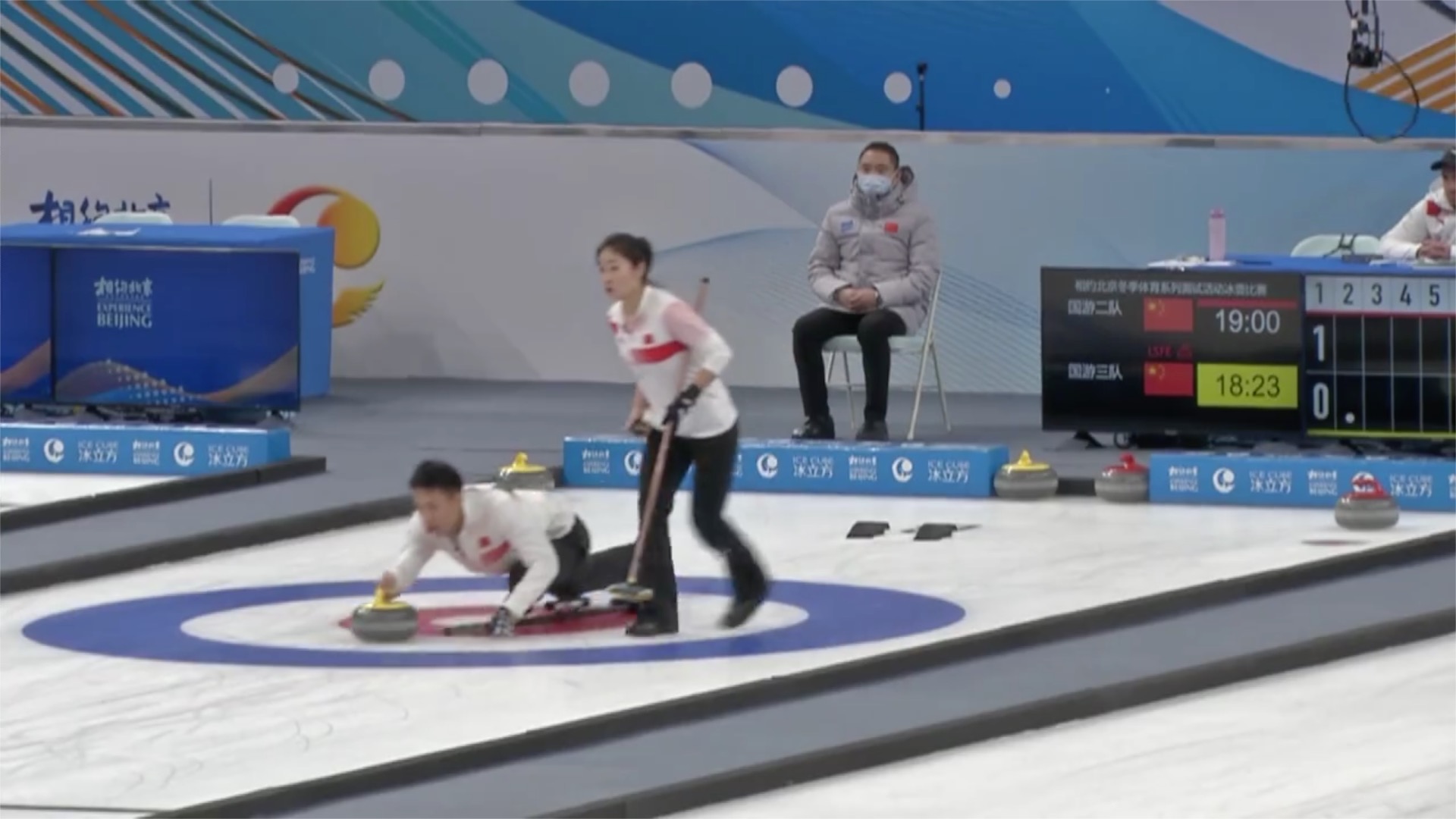02:00

Beijing set a target to hold "high-tech Winter Games" after it won the bid to host the 2022 Winter Olympics. Soon after, China's Ministry of Science and Technology was made the leading party to provide technical support for the Games. In collaboration with relevant parties, it drew up the "Action Plan for Science and Technology at the Winter Olympics," the results of which were applied in this year's test events.
"During the test events in February and April this year, we applied 133 types of techs in a number of key areas. Since October, another 228 pieces of technologies have been tested and applied in test events, athlete training schedules and prep work for the winter games," said Wu Yuanbin, director of the ministry's Social Scientific Development Department, during a press conference.
For the Games next year, high-tech will mainly be applied for four proposes: support COVID-19 measures, reduce carbon emissions, ensure the safety of the events and create a better viewing experience for the viewers. To achieve these results, a number of new and experimental techs will be used, including 5G and hydrogen vehicles.
"The much-anticipated 5G signals will cover all venues, including the roads that connect them. This will provide network connectivity for applications such as ultra-high-definition video and smart services. Eighty hydrogen vehicles were tested in Zhangjiakou. And during the Winter Games, more than 700 hydrogen buses will be deployed in Yanqing and Zhangjiakou to provide transportation," said Yu Hong, director of the Technical Department of Beijing 2022 Organizing Committee.
The target of hosting high-tech Olympics isn't just for the convenience of thousands of participants during this event. The organizing committee once said they wish to use the Games as an experimental model that could help the world build future smart cities that would benefit residents, industries and the environment.

